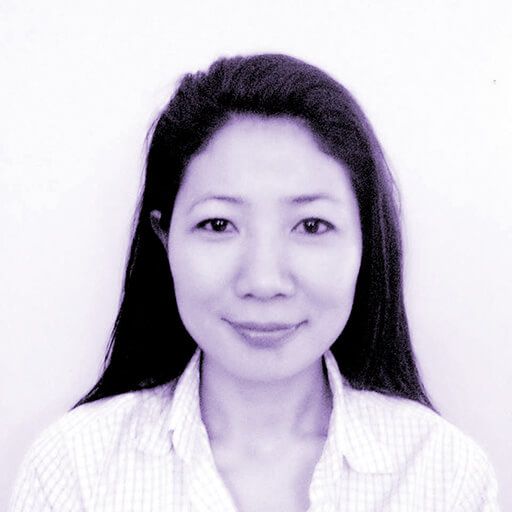For The First Three decades of his life, Prince Siddhartha lived an idyllic existence behind the walls of his father’s vast palace. Universally loved and admired, the handsome prince married a beautiful princess, they had a son, and everyone was happy. But in all that time, the prince never once stepped outside the palace gates.
In his thirtieth year, Siddhartha asked his faithful charioteer, Channa, to drive him through his father’s great city and, for the first time ever, the prince saw a dead body. It was a terrible shock.
“Will what happened to that man happen to me?” he asked Channa. “Will I die, too?”
“Yes, Your Majesty,” replied Channa, “Everyone dies. Even princes.”
“Turn the chariot around, Channa,” ordered the Prince. “Take me home.”
The above is an excerpt from the book “Living is Dying” authored by Dzongsar Jamyang Khyentse. The author also wrote two of my favorite non-secular books, What makes you not a Buddhist and his latest book Poison is Medicine.
Death is inevitable, however the subject is circumvented by many. Its association with darkness and the unknown makes it an undesirable topic for many, including myself, until I was in my late 20s.
However we are already dying from the second we are born into this world. It’s just the length of time until our organs completely stop functioning. Every minute a cell is dying inside us or generating a new cell; old habits dying, new habits learned.
So there’s a constant cycle of living and dying within ourselves.
In a different context, take an example of a long loving relationship with a friend or a lover or a relative. With some unrepairable disputes between them, the relationship is damaged forever. We go our separate ways, never speaking with the person, who once was an adorable person in our life. Thus this relationship is Dead.
Death is not only when one’s physicality aspect has died. It’s burned down to ashes or buried away for good.
My understanding of death is like you are acquiring a new personality with a new body, or perhaps no body. Death is the platform of a transformative stage from here to there.
When my mother died, I was grief stricken. I was clueless. Yes, I had heard of someone’s parent dying; a good friend’s father in one specific case. I was sympathetic, I did grieve with my friend. It was heart breaking to see my friend suffer.
Then when my mother died, I found myself in my friend’s shoes. I had a strange feeling which didn’t make much sense: “it’s the first and the last time my mother will be dead, she won’t be back home tomorrow or next week or month, she’s gone forever.” I was sinking in a moor and there was nothing to grab on to!
A relative gave me a book, I think it was on the fortnight after my mother passed away. My elder siblings were busy with no time to grieve, being the elders they took responsibilties to attend to the guests and relatives who came to visit to pay their condolences, and also with the tedious Buddhist rituals for my dead mom. I, however, was somewhere just numbing myself.
So the book she gave me was The Tibetan Book of Living and Dying by late Sogyal Rinpoche (I still read the 20th anniversary edition I purchased at Barnes & Noble in NYC).
It was the first book I read with keen interest on death and it piqued my interest in the topic. I was looking for solace and few chapters in the book comforted me. It was as though this book transited from my nonage to maturity.
To date I have read books on similar topics by Dalai Lama, Chogyam Trungpa, Pema Chodron, Ram Dass, Sadhguru, Osho and Iyenger to name a few spiritual teachers.
Buddha before becoming Buddha was Siddhartha. If he didn’t see the old man, sick man and the dead body, he would have eventually be crowned as King Siddhartha and there would be no story about a wandering ascetic some 2500 years ago.
Prince Siddhartha’s curiosity on death and suffering, lead him to be enlightened under the Bodhi tree in India and today we revere him as Gautama Buddha.
I believe that it is through the understanding of death that we can truly live a life full of compassion and forgiveness. It’s the path which allows us to live in the present, like “Be here Now” (Ram Dass). The urgency to give 100 percent before our time runs out in this life.
Just earlier today, in-between writing this article, I defrosted a Bhutanese dish, leftovers from dinner with a friend last week. The ingredients in the dish were pieces of dried beef (Shakam) cooked with scallion, blue cheese & dried yellowish white tinted chili (Ema Shukam).
I remember my late mom used to cook this dish, and I would savor it to the last drop. I don’t remember ever complimenting her on her delicious dishes or thanking her for her presence, but hopefully she understood my un-said appreciations.
I took for granted that her presence would last until she would one day be an old lady with less movements and at that time I would take care of her, attending to all her needs…alas…
As I was chewing on the beef with a spoonful of rice, my old friend “melancholy” visits me. It’s often times like these when I contemplate Death, I find myself melancholic…the once upon a time savory taste, my once upon a time mother (Aou).
xx

